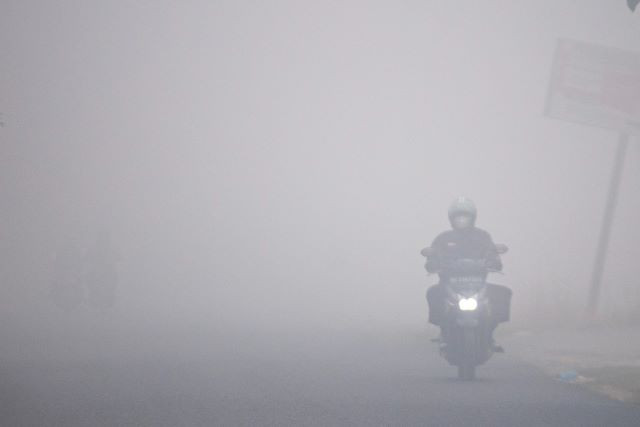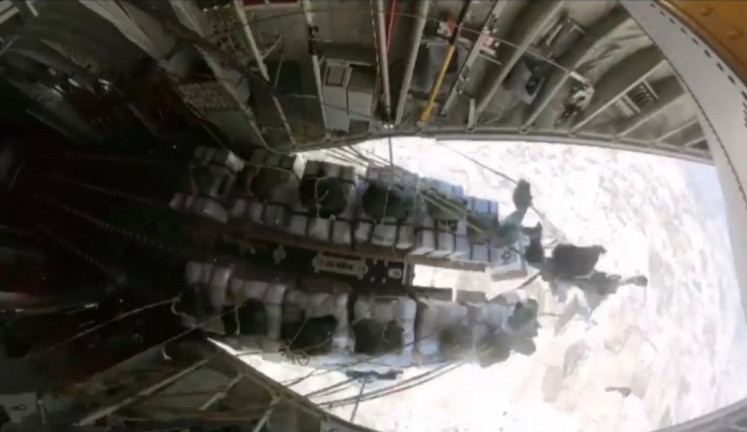Electronic invoicing could cut tax losses in international trade
Discrepancies and tax losses could be avoided, and our balance of trade statistics be more accurate if foreign exporters of goods and services to Indonesia were required to submit an electronic invoice.
Change Size
 Coal is moved from barges onto a truck at the Karya Citra Nusantara Port, North Jakarta, on Jan. 13, 2022.
(Reuters/Willy Kurniawan)
Coal is moved from barges onto a truck at the Karya Citra Nusantara Port, North Jakarta, on Jan. 13, 2022.
(Reuters/Willy Kurniawan)
T
he comprehensive study conducted by Perkumpulan Prakarsa research organization, as quoted on the opinion page of this newspaper on Feb. 20, is yet another illustration of the urgent need for the government to implement electronic invoicing in Indonesia’s international trade.
By comparing United Nations Comtrade data on Indonesia’s imports and exports, as reported by Statistics Indonesia, with the same data reported by our trading partners, huge discrepancies have been revealed in just two commodities alone: fish and coal. By calculating the loss that these discrepancies have caused for value added tax (VAT), royalties and income taxes it has been shown that Indonesia lost a total of US$5.6 billion of tax revenue during the period 2012-2022, of which $3.8 billion was due to unpaid royalties on coal exports.
Indonesia’s trade statistics are derived from Customs data, which in turn relies on paper invoices and self-declarations made by Indonesian importers and exporters. Misreporting and mis-invoicing by traders should always be anticipated, as they will often try to avoid paying tax and duties as well as avoiding administrative regulations and currency controls.
The Prakarsa study reveals that in imports, mis-invoicing is occurring in two ways. When under-invoiced, the value of exports to Indonesia as declared by other countries is higher than the value reported by Indonesia, so the Indonesian importers pay less duties and taxes. However, when over-invoiced, the export values declared by other countries are even higher than the import values reported by Indonesia, implying that there is an illicit outflow of funds and money laundering.
Prakarsa found a similar situation with exports: when over-invoiced, the value of exports (and thus, the export receipt) reported by Indonesia is less than the value received and reported at destination. This happens particularly in the case of fish. In other cases, the value of exports reported by Indonesia is less than what is actually received at destinations, implying another illicit transfer of funds. This happens particularly in the case of coal.
As the exchange of export and import data with other countries via the Automatic Exchange of Information (AEOI) is unlikely to happen in the short term, an immediate and effective step that could be implemented by Indonesia would be electronic invoicing.
Such discrepancies and tax losses could be avoided, and our balance of trade statistics be more accurate, if foreign exporters of goods and services to Indonesia were required to submit an electronic invoice via a central government platform eliminating paper and scanned copies. Once introduced, such a system would immediately eliminate any discrepancies between our import data and the data of other countries exporting to Indonesia.


















